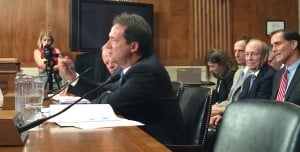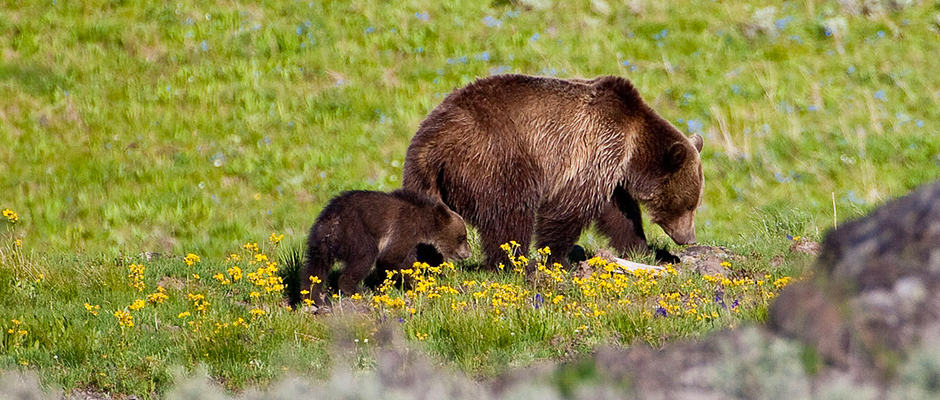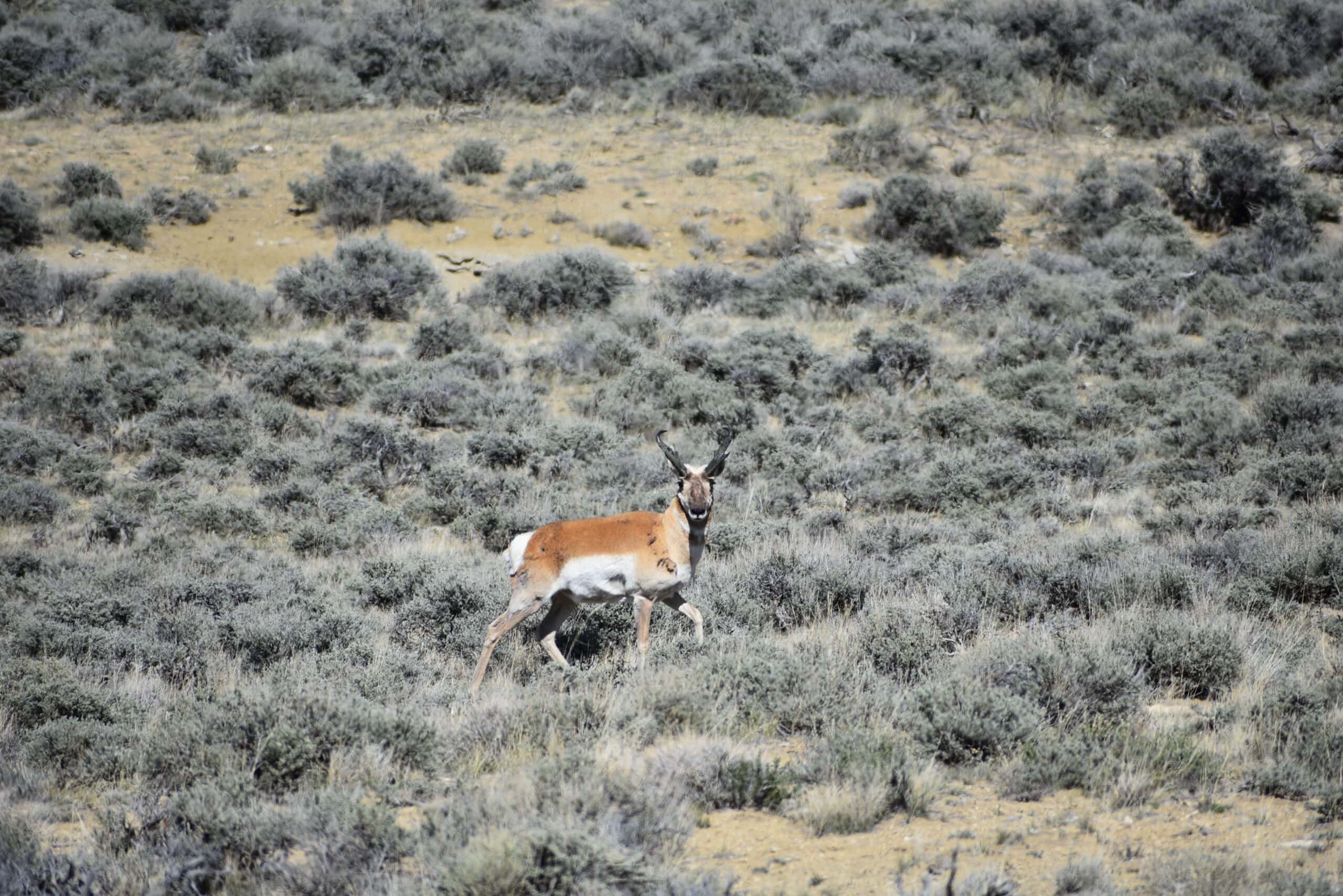Share this article
Senate Committee Seeks Changes to Endangered Species Act
Last week the Senate Environment and Public Works Subcommittee on Fisheries, Water, and Wildlife held a briefing on “Improving the Endangered Species Act: Perspectives from the Fish and Wildlife Service and State Governors.”
Testimonies were provided from both the Fish and Wildlife Service (FWS) Director and two State Governors, who differed from each other as well as the Senate Committee on their perspectives regarding potential changes to the Endangered Species Act (ESA).
FWS Director Dan Ashe used his testimony to clarify his belief that the ESA is not in need of a Congressional fix. The only change Director Ashe requested was an increase in funding to implement the ESA. Ashe argued more funds would reduce the length of time some species remain on the Endangered Species List (ESL) awaiting conservation measures.

Montana Governor Steve Bullock testifying alongside Wyoming Governor Matt Mead. Image Credit: Montana.gov
The Environment and Public Works Committee members present, all of which were Republican, shared the Director’s concern for the length of time species spend on the ESL. These members, along with Wyoming Governor and Chair of the Western Governors Association (WGA) Matt Mead (R), brought up their concerns with examples such as the Yellowstone Grizzly Bear, which has been on the ESL since 1975.
The Committee members, the most vocal among them being Committee Chairman James Inhofe (R-OK) and Subcommittee Chairman Dan Sullivan (R-AK), believe the root of this problem lies in the federal government’s inability to consider the needs and wishes of the states when making listing decisions.
The issue of states participation was addressed by the Administration through a proposed rule change to the ESA petitioning process, which was briefly supported by all parties at the briefing. This rule, if finalized, would require ESA petitions to only include one species. It would also require groups that submit petitions to include relevant information from state fish and wildlife agencies as well as to send petitions to these state agencies 30 days before submitting them to FWS.
The goal of the latter part of this proposed rule change is to increase state participation in the ESA by allowing them time to submit comments on petitions.
Senator Sullivan continuously pushed for more state involvement in the process. Throughout the briefing, he advocated for a rule change that would require state approval for listing decisions. Sullivan represents the state of Alaska, and often has populations listed as endangered or threatened that only occur in his state.
Testifying for the WGA was Governor Mead as well as Montana Governor and WGA Vice-Chair Steve Bullock (D). The WGA, a bipartisan coalition of 19 Western governors, is currently working on recommendations for ESA reform that will be released next June. During their testimony, Sullivan took the opportunity to gather their input on single-state approval. While both governors welcomed more state input into the ESA process, they believed listing decisions should be left to the federal government; a sentiment echoed by Director Ashe in a post-briefing interview quoted by E&E News.
“The idea of the state sign-off to a listing decision is a) not necessary and b) not that workable.”
Additional Sources: Environment & Energy Daily (September 30, 2015)
This article was updated with minor modifications on October 13, 2015.
Header Image: Image Credit: Allan Harris, licensed by cc 2.0








